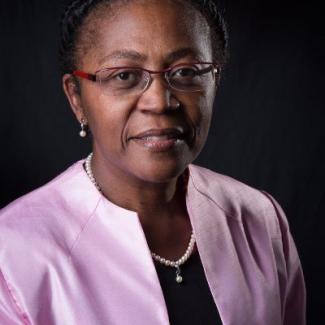Electronic payments in Mozambique: Diagnosis and impact evaluation of dissemination
The Central Bank of Mozambique has chosen financial inclusion as one of its top policy priorities. This has been underlined over the last few years, namely as a recurrent theme of its annual meetings. The recent and relatively widespread dissemination of electronic means of payment such as POSs, mobile banking (provided by banks), and mobile money (provided through cell phone operators) represent an enormous potential in terms of incentivising access to formal financial institutions. These forms of payment have clear advantages in terms of safety and ease of use through cards and cell phones. In particular, use of cell phones in Mozambique has exploded in recent years, with more than 70 percent of the population covered by cell phone antennas, and with more than 9 million subscribers. Therefore, there is an urgent need to understand the situation regarding access to banking and use of electronic payment systems in Mozambique. Additionally, we need a better understanding of the adoption and usage of these alternative systems and their possible interactions, and finally to measure its impacts
The first part of this study (funded under the IGC grant) is devoted to diagnosing the current situation in terms of access to banking and of knowledge, attitudes, and adoption regarding the use of POSs, mobile banking, and mobile money in Mozambique. For that purpose a sample of 1000 firms will be drawn from the Statistics Office of Mozambique while stratifying in some of the major cities of the country, including the capital, Maputo. The cities were identified from previous studies as the locations with most transactions and least adoption of electronic means of payment.
We envision that, as a continuation of this study (not funded yet), we will follow the dissemination of information about electronic means of payments, as well as a campaign that makes available POSs and cell phones. This will happen for a sub-sample of firms, selected randomly from the pool of those surveyed in the diagnosis survey. Within each city these firms will be clustered in blocks of five firms with similar characteristics. Within each block, each firm will be randomly allocated to one of the following comparison group: the POS group; the mobile banking group; the mobile money group; the group where the firm can chose any of the three possible electronic payment systems and the control group. This setting will allow comparability and identification of the causal impact of each treatment. Finally, a follow-up survey and administrative data from the partner financial institutions will be collected six months and one year after the dissemination of the project. This survey will focus on patterns of adoption of electronic means of payment, savings, investment and profits of firms.
The Bank of Mozambique is strongly committed to financial inclusion as a way to promote household savings and firms’ investment in Mozambique. Both are particularly and directly relevant for economic growth. Additionally, formalising transactions may lead to the enlargement of the fiscal base and to decrease fiscal evasion. Financial inclusion can also contribute to make monetary policy more effective and so to promote economic stability.





